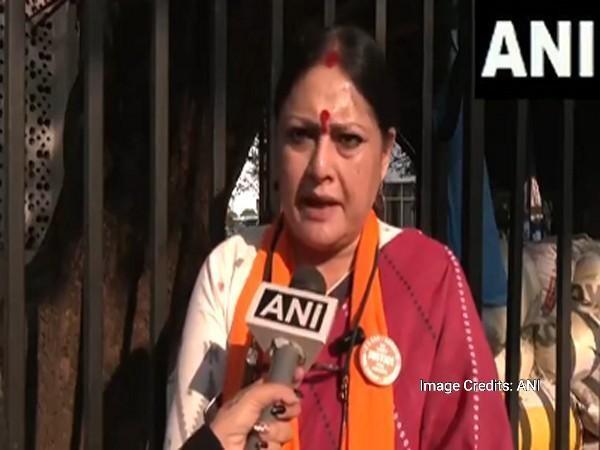
Title: Why violence occurs only on Hindu festivals: BJP on WB incident
The recent Holi celebrations in West Bengal’s Birbhum district turned violent, with reports of stone-pelting and clashes between rival groups. As usual, the incident has sparked a heated debate on social media, with many calling it a classic case of political appeasement. BJP MLA Agnimitra Paul was among the first to react to the incident, questioning the West Bengal government’s silence and asking a pertinent question: “Why does violence take place during the festivals of Hindus only?”
In a statement, Paul said, “Why is the administration silent?… Why does violence take place during the festivals of Hindus only? Why is the government not taking any action against the culprits? And above all, why is the government silent about it?” She further accused the state government of indulging in appeasement politics, saying, “The government is doing appeasement politics, and that’s why the law and order situation is deteriorating in the state.”
The Birbhum clash occurred on March 13, 2023, during the Holi celebrations, when two groups clashed, resulting in injuries to several people. The police were initially called in to control the situation, but they were reportedly delayed in their response, allowing the situation to escalate. The authorities have since suspended internet services in the affected areas till March 17 to prevent further violence.
The question that Paul raises is a valid one. Why does violence seem to occur only during Hindu festivals? Is it a coincidence, or is there something more sinister at play? The answer, unfortunately, lies in the complex web of politics and social dynamics that often accompany Hindu festivals.
In recent years, Hindu festivals have become a battleground for political parties to score brownie points with their respective voter bases. The TMC government in West Bengal, in particular, has been accused of indulging in appeasement politics, often to the detriment of the Hindu community. The recent violence in Birbhum is just another example of this.
The TMC government has been accused of ignoring the concerns of the Hindu community, particularly in areas where the party has a strong presence. The party’s appeasement policies, which include waiving off fees for Muslim students and providing financial assistance to Muslim women, have been criticized for creating a sense of resentment among the Hindu community.
The TMC government’s response to the Birbhum incident has been criticized for being slow and inadequate. While the police have arrested several people in connection with the incident, many have questioned the delay in responding to the situation. The government’s silence on the issue has also been criticized, with many accusing it of trying to downplay the incident to avoid political fallout.
The Birbhum incident is not an isolated case. Similar incidents of violence have occurred during Hindu festivals in the past, and the pattern is often the same – violence breaks out, and the authorities are slow to respond. The reasons for this are complex and multifaceted, but some common factors include:
- Political polarization: Hindu festivals have become a battleground for political parties to score brownie points with their respective voter bases. The TMC government’s appeasement policies have created a sense of resentment among the Hindu community, leading to political polarization and violence.
- Social dynamics: Hindu festivals often bring together people from different social and economic backgrounds, which can lead to friction and conflict. The recent violence in Birbhum is a classic example of this, with reports suggesting that the clash was between two groups of people from different communities.
- Lack of trust: The Hindu community has lost trust in the TMC government, which it perceives as being biased towards Muslims. This lack of trust can lead to resentment and anger, which can escalate into violence.
The Birbhum incident is a wake-up call for the TMC government, which needs to take immediate action to restore trust and confidence among the Hindu community. This can be done by addressing the concerns of the community, providing a sense of security and justice, and working to create a more inclusive and equitable society.
In conclusion, the violence that occurred during the Holi celebrations in West Bengal’s Birbhum district is a classic case of political appeasement and social dynamics gone wrong. The TMC government’s silence on the issue has only added fuel to the fire, and it is time for the government to take immediate action to address the concerns of the Hindu community.
As Agnimitra Paul so aptly put it, “Why does violence take place during the festivals of Hindus only?” It is time for the government to answer this question and take concrete steps to ensure that Hindu festivals are celebrated peacefully and with dignity.





